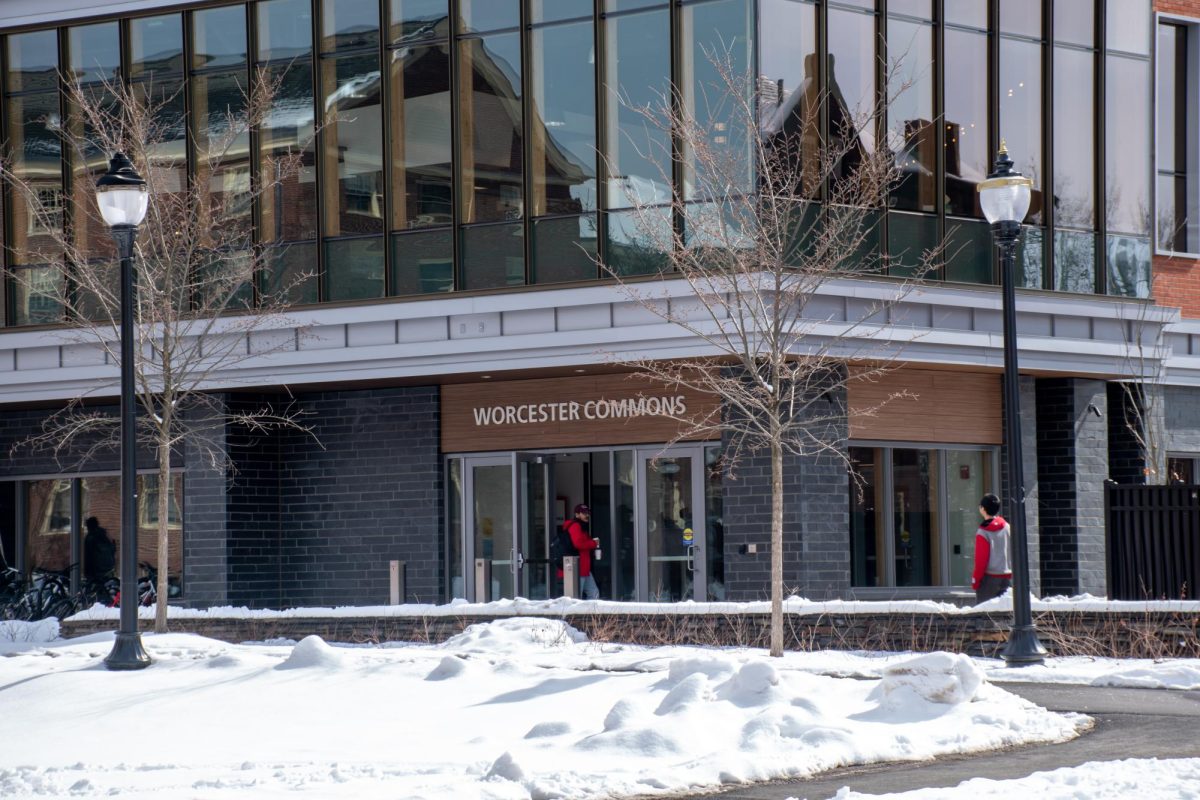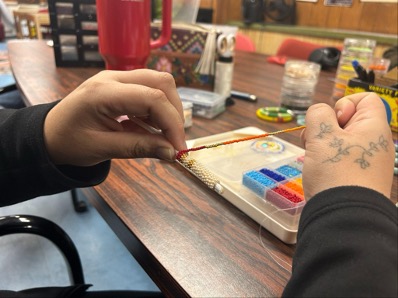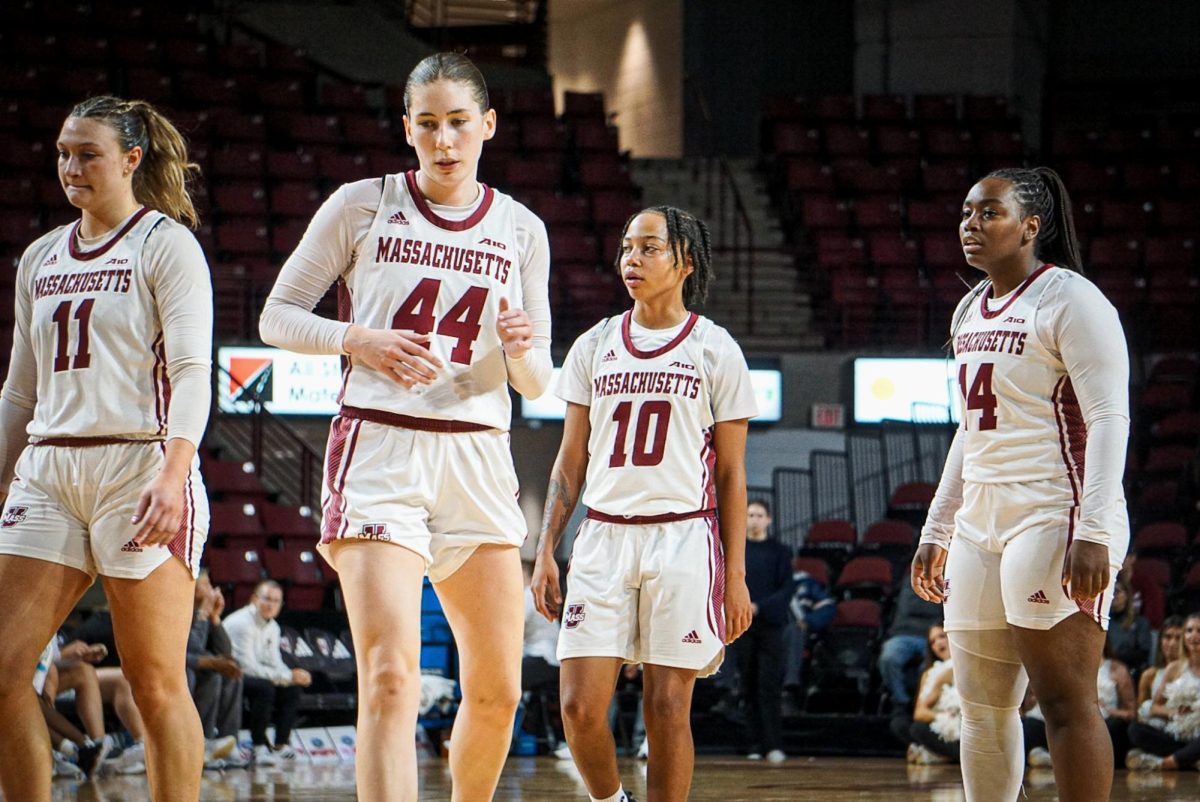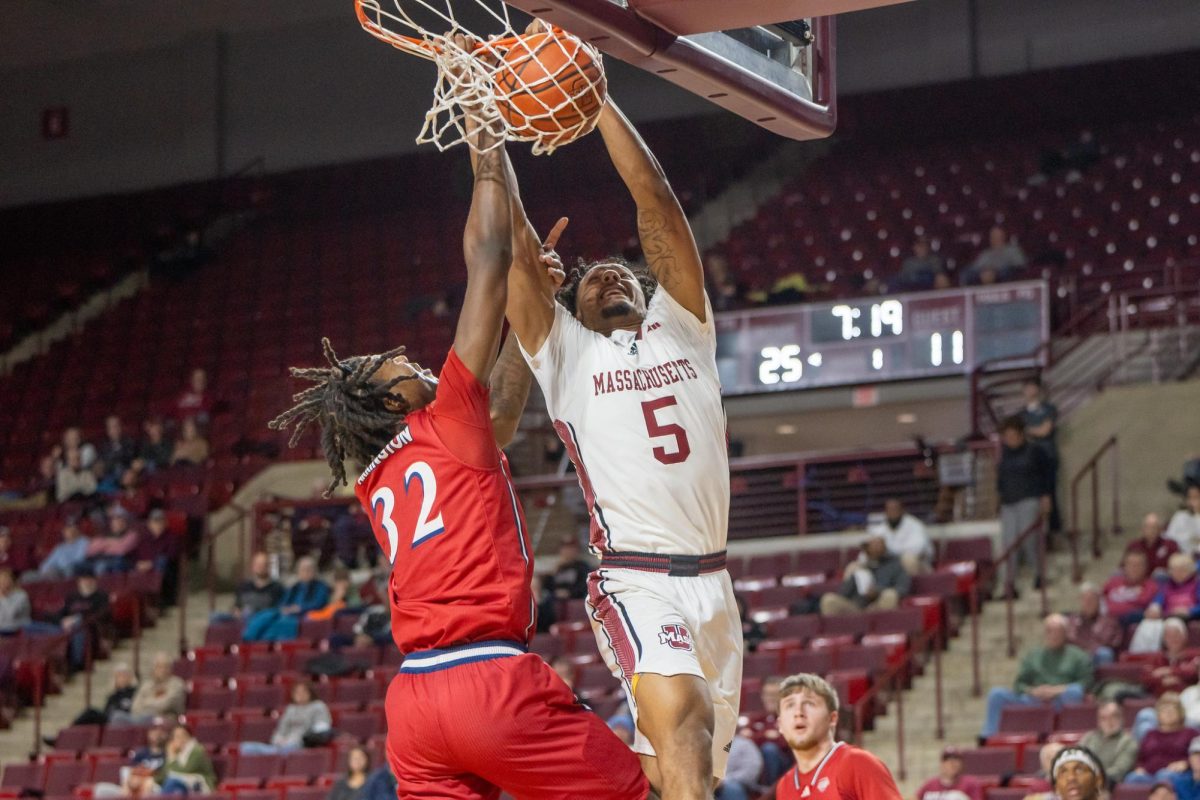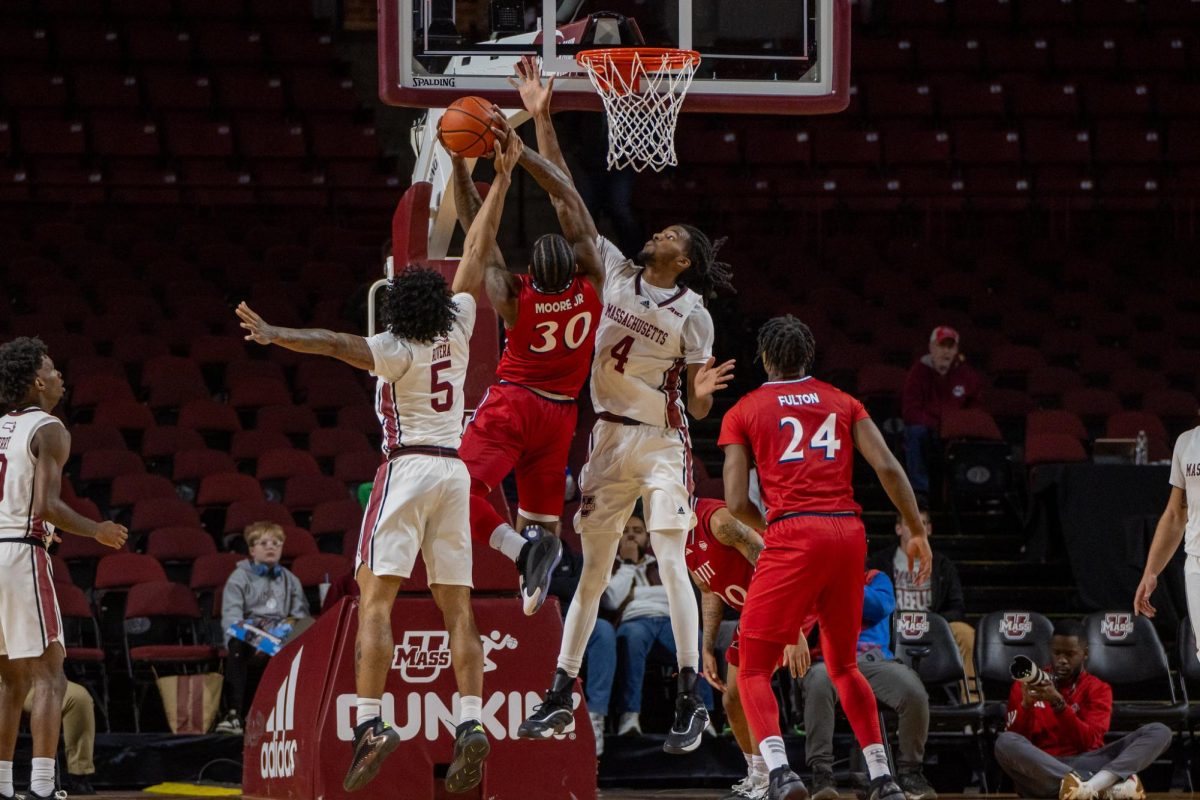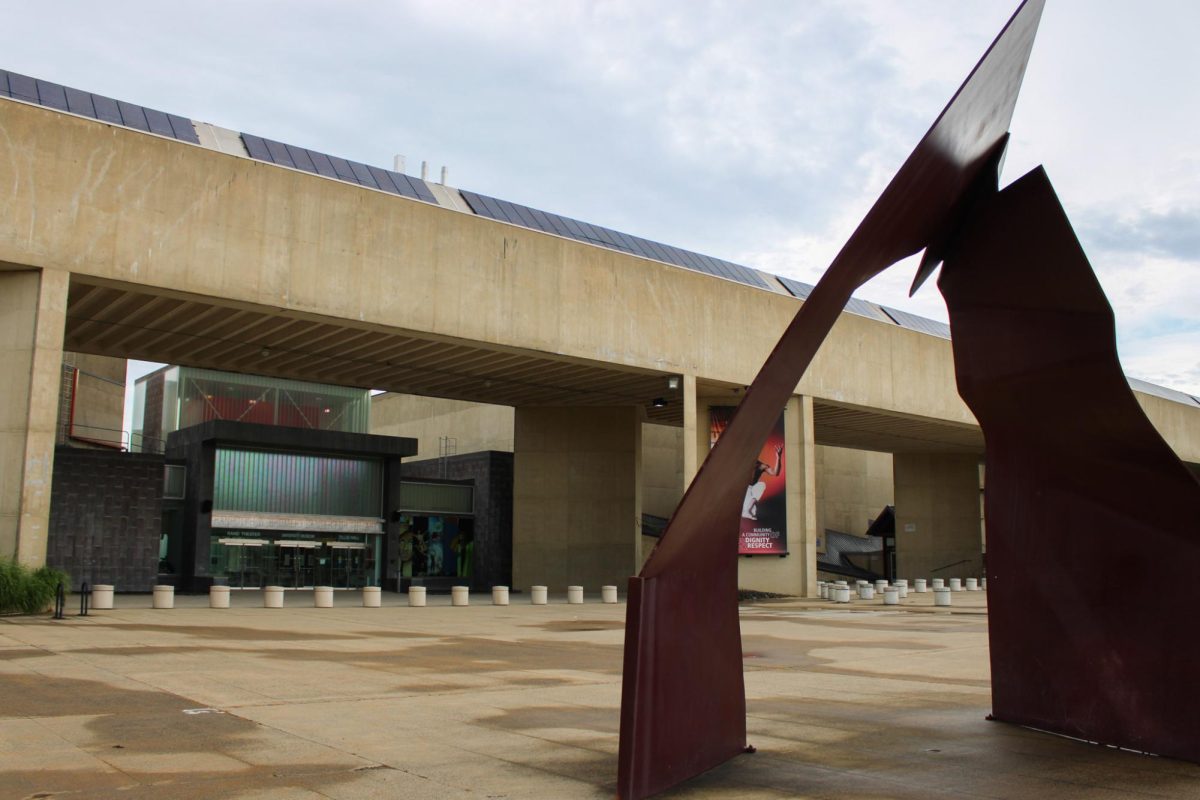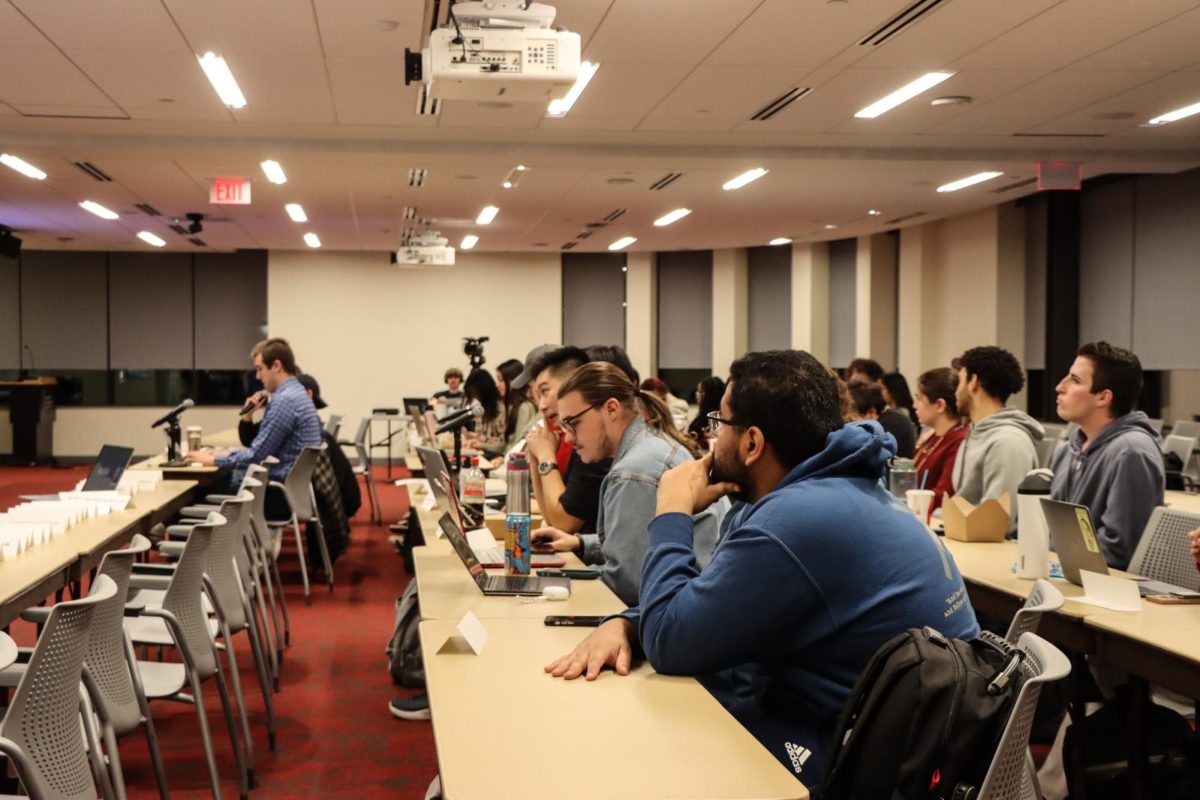Tim Scalona, a master’s student in the School of Public Policy, was elected to serve as the student trustee for the University of Massachusetts this year, with 82 percent of the vote.
He plans to advocate for increased support of Black, Indigenous and students and faculty of color; sexual assault survivors; and low-income, first-generation students.
Scalona himself is a first generation, low-income student, which helped to shape his platform.
“My family history is in poverty and that has altered the direction of my advocacy here at UMass,” he said. “I ran for this position to reflect and elevate that advocacy, which is what I’ve been trying to do for the past few years.”
Scalona has served as a senator and as a committee chair in the Student Government Association. He also created the UMass First Generation Low Income Student Partnership, and he has worked with the Center for Education Policy and Advocacy. He believes that his experience with these groups will aid him in his position as student trustee.
“I have found ways to form strong administrative relationships that I can, not leverage in a negative sense, but work with them to advance the interests of students,” said Scalona.
Emma Kinney, a junior anthropology and sociology major, worked with Scalona in the SGA when he was the chair of the Social Justice and Empowerment Committee. They also believe that Scalona’s economic background plays a role in his advocacy.
“Being a first-gen, low income student has shown him the ways that UMass doesn’t really work for all students, including himself in a lot of ways,” they said. “He has always been a really great advocate for himself, and he has taken that all the way to running for trustee.”
“Tim has been unapologetic about his background as not only a first-gen and low income student, but also a student who has experienced homelessness and eviction,” said James Cordero, a senior English and social thought and political economy major who worked with Scalona in CEPA, the SGA and the Resident Assistant and Peer Mentor Union. “So for Tim, the issues that we are working on to meet people’s needs, to make college affordable, to hold administrators accountable, these are not abstract issues, these are very personal issues.”
Kinney also spoke to Scalona’s reliability as a friend:
“I texted him a couple days ago because I had someone struggling with homelessness in my life . . . he was the first person to get back to me. He was like, ‘These are the people you can talk to, these are the groups in the community, these are places that I know of that are offering somewhere to stay,’” they said. “He’s just always ready to help you with whatever you need, even when he’s completely overwhelmed.”
Scalona advocates for the abolition of the Board of Trustees because he feels that it fails to represent the needs of students. The Board of Trustees has 22 members, and five student trustees, one from each of the five UMass campuses.
“Every year, only two of the student trustees get to vote,” said Scalona. “There is this underlying power imbalance that is very inappropriate at a public University.”
Scalona explaiend how he will work within the Board of Trustees in the meantime: “There’s probably some work that can be done by creating good relationships with the trustees that are there.”
He plans to focus on reducing food insecurity, lowering tuition and advocating for free college, and to push the administration to meet the demands of the Racial Justice Coalition, including safely defunding the UMass Police Department.
He believes that public education as a whole is underfunded, and that lack of funding has created challenges for the administration, in terms of meeting the needs of students.
“I feel like there is a big issue within the system in the sense that public education is already so underfunded, so the UMass administration is always fighting to prioritize some things over others,” said Scalona. “In doing so, I feel like they have made good faith efforts to support students, but in many ways the UMass administration also often co-ops student advocacy and takes control of it for PR.”
The pandemic will drastically change the way that Scalona will operate as student trustee, as he feels that students face some challenges now that they did not before the pandemic.
“For example, in the realm of college access and food access, we have to somehow find ways to plan for these different issues and then also try to provide housing and financial supports to students that, during COVID, don’t have anywhere to go, are not able to get a job or don’t have income,” said Scalona. “COVID has displayed how inequitable the system is.”
“He ran on the platform to challenge the Board of Trustees and their status quo and put student needs first,” said Cordero. “I think that is absolutely what he is going to do.”
Sophia Gardner can be reached at [email protected]. Follow her on Twitter @sophieegardnerr.


